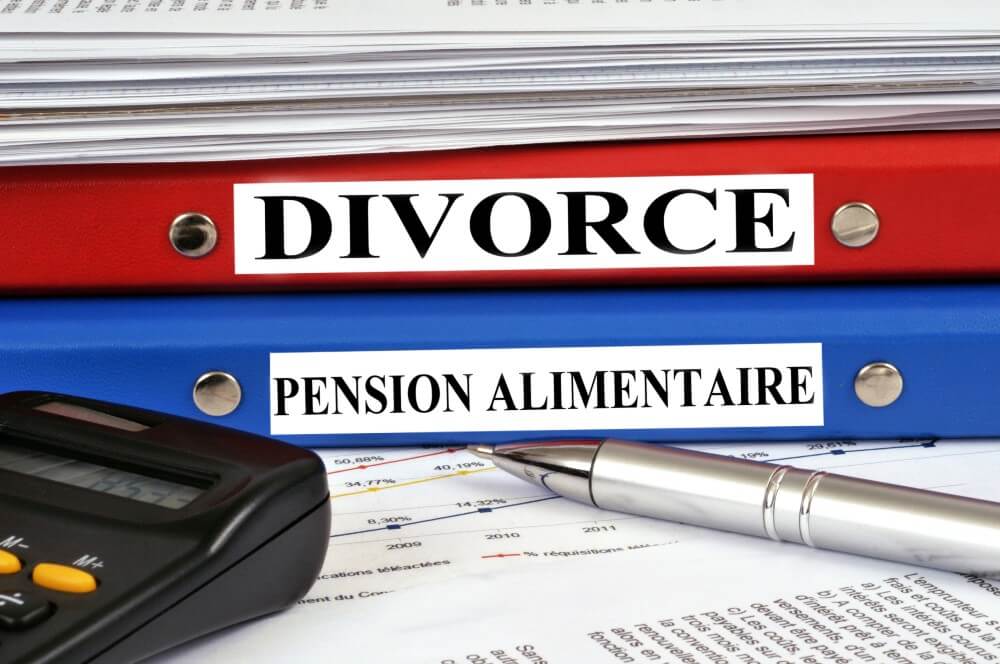What Happens To My Pension On Divorce?
When you divorce, you usually need to divide the financial assets shared between you. Sometimes, this will be a straightforward process which you can agree on. Unfortunately, in other cases, there will be argument about how the assets should be divided. Pensions can be extremely valuable assets which are easily overlooked. However, dividing them is a complex matter.
What is a PODE?
Pensions are complex not only in law but in accounting. Therefore, it is often proportionate to instruct a pension on divorce expert, known as a “PODE”. They will be able to advise on the impact of any pension order made by the court in detail. A PODE is often instructed at the first court hearing, known as a first directions appointment. At this hearing, the court considers what evidence is necessary and proportionate in order to determine the case fairly. Proportionality is important because it will not be sensible to pay more than the pensions are worth on instructing a pension expert. Whether it is proportionate will be decided based on the cash equivalent transfer value (“CETV”) of each spouse’s pension. You can request the CETV of your pension from your pension provider. You can also request a valuation of your state pension in a straightforward online process. The PODE will likely take this into account. A specialist family lawyer can advise on identifying pension expert in your specific case and the likely costs.
A PODE can be particularly helpful in the following situations:
- Where one or more spouses has a defined benefit pension, as the benefits included in the pension will often not be reflected in the CETV.
- Where there are multiple pensions which could be shared, as some pensions will be more cost-effective to share than others.
How can the court deal with pensions?
The most common way to divide a pension between spouses is through a pension sharing order. This means that a percentage of one spouse’s pension is transferred to the other spouse. This is mostly commonly assessed on the basis of the income it will provide when being paid out. A PODE will generally advise the court on the percentage of one spouse’s pension which must be shared with the other in order to achieve equality of income. This is sometimes preferred by the court on the basis of fairness.
Another way of dividing a pension is through what is known as offsetting. This involves reflecting the value which may be due to a spouse from the other’s pension in another form, such as lump sum payment. This may be preferable to a receiving spouse who wants to use the money now, or a paying spouse seeking a clean break. This is an option which is frequently put forward in negotiations. Offsetting can, however, be an extremely complicated calculation which must be dealt with by a Pension expert. A specialist family lawyer can help you decide whether this is an option which suits you.
Finally, the PODE and the court may consider just the pension built up during the marriage or the full pension. The Pension Advisory Group report suggests that the full pension should generally be considered where the assets are modest. Do seek legal advice if you think this issue, or the others raised in this article, may apply to you.
Here to Help
If you need advice on any family matter, please get in touch with Tracey Dargan, Partner and Head of Family and Divorce.
Please note the contents of this article are given for information only and must not be relied upon. Legal advice should always be sought in relation to specific circumstances.

